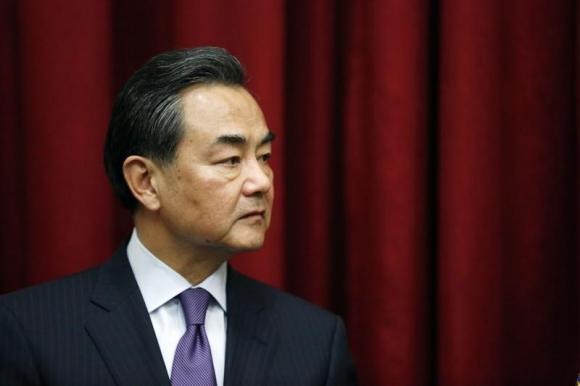
Following his meeting with External Affairs Minister Sushma Swaraj on Sunday, Chinese Foreign Minister Wang Yi called on Prime Minister Narendra Modi on Monday. The diplomat's visit to India is now seen as a step towards thawing the relations between the two nations, which comes not long after Modi invited the Chinese Premier Li Keqiang to the country.
Wang had praised Modi on Sunday, calling him "an old friend of China", as reported by The Times of India. Wang is representing Chinese President Xi Jinping as a precursor to the latter's visit to India later this year.
Interestingly, while China and India are mostly seen as rivals, Chinese Premier Keqiang was the first foreign leader to wish Modi after BJP's victory in the Lok Sabha election. The latter then invited Keqiang and President Jinping to India, according to reports.
Wang was also expected to extend an invitation to President Pranab Mukherjee to attend the commemoration of 60 years of the Panchsheel Treaty in Beijing on 28 June.
During his parliamentary address on Monday, President Mukherjee had stated the government would work to develop strategic and cooperative partnership with China.
Economic relations dominated the three-hour meeting on Sunday between Swaraj and Wang as the two discussed means to improve economic ties and to increase Chinese investment in India's industrial sector, according to a Bloomberg report.
On the same day, Modi had divulged his '3S' formula for India to compete with its neighbour. "We need skills, scale and speed if we have to compete with China," Modi stressed, as reported by news agencies, referring to the need of developing human capital through education, thinking on a big scale about development and improving speed of decision-making, respectively.
However, reports indicated that controversial issues related to Tibet, border conflicts between the two nations and disputes over hydel projects on the Brahmaputra would remain untouched.

















